I recently read a story about an elderly gentleman from Yorba Linda. He was a retired mechanic, living the quiet life in one of Orange County’s many fine, ranch style homes. One year, not long after putting in his final day at work, he decided to spend some money on authentic hardwood flooring for his living room.
At first it seemed that the flooring company did an excellent job. They explained:
 That real hardwood typically consists of 3/4 inch thick boards cut from a tree
That real hardwood typically consists of 3/4 inch thick boards cut from a tree
- That the patterns would be different on every plank, proving that none had been artificially produced
- That formaldehyde emission would be low to non-existent (California law maintains a limit of 0.1 ppm)
Then they got to work.
The installation process was exemplary—at least, to this distinguished gentleman’s untrained eye. When the work was finished, he had a living room gorgeous enough to inspire poets. The wood was dark and handsome, and gave off a pleasant, spicy odor that was subtle enough not to encroach while strong enough to entice. The company promised the gentleman that, since this was an authentic hardwood floor, it would last for the life of the house.
Except that, within months, problems began to show. The floor creaked. Some of the boards came loose and rattled like bad teeth, others appeared to be expanding. The gentleman noticed cracks in their constitution. Weakness and fatigue. Outraged, he dialed the flooring company’s home help hotline. The lady who answered was commiserative in the extreme. She promised to put a member of her company’s team on the case for a free inspection.
Exactly one day later there came a knock on the gentleman’s door. In came the inspector. He smiled. Using polite speech, he reminded his customer that the inspection would be free of charge. He also apologized profusely for the gentleman’s “unfortunate experience with our otherwise impeccable service”. Once dispensed with this rigmarole, the inspector took a walk around the living room. His eyes roved. He pressed on one squeaky board with the toe of his shoe; with his heel, he pressed on another. This went on for about twenty minutes. Not once did inspector ask any questions.
His work was almost purely visual, and when he finished, he told the gentleman there was nothing the company could do but replace the floor, citing moisture accumulation as the source of the issue, and since this was not the company’s fault, the gentleman would not be receiving a refund of any kind.
Yet the kindly old man’s story does have a happy ending. After the inspector left, he explained his problem to a friend—a friend who may or may not be the same person typing these words today—who quickly put him in touch with an NWFA certified inspector. An inspector who would charge up front for the service, but who would also be far more particular with his actions. And upon his paying visit to the house, things played out a whole lot different.
What Will You Get For A Paid Inspection?
For starters, you—and the flooring company—can expect to hear a lot of questions. About pets, if you have any. About the weather on the day of installation. About where the wood was stored, and how it was transported to the site. And did the company take moisture readings at the house (moisture meters can determine wood moisture content within seconds)? And was the home itself assessed to be conducive for the material?
Paying a certified—not glorified—inspector gets you lots of information from these and many other questions. He or she will also conduct a meticulous visual inspection. The size of the room will be measured. The damage will be assessed. Such damage can include buckling, warping, cupping, cracks, loose boards, and pigment alterations. Whichever the case, the inspector will be familiar with it by way of proper training (more on that below).
Once all the facts are gathered, an investigation will commence as to the cause of your flooring’s issues, and whom is to blame. This is the part where paying up front is explained. A certified inspector will typically want to be paid in advance because what he or she finds may, in the end, be the fault of the customer after all. Naturally, many customers would become incensed at this and refuse to pay. Getting the money up front helps to define the unbiased, neutrality of the inspector’s position.
Now assuming this isn’t your fault, the inspector follows everything up with options for you to pursue. Such options can range anywhere from cornering the company with facts and convincing them to make good, to engaging assistance from an attorney. But there’s one truth that never sways: While a certified inspector does charge for his/her service, you’ll always find out exactly what’s happening to your floors.
How Does An Inspector Get Certified?
An NWFA inspector must complete a number of education courses and attend NWFA hands-on schools. These schools include:
- Basic Installation
- Basic Sand and Finish
- Intermediate Installation
- Intermediate Sand and Finish
After these courses, the inspector is sent to NWFA inspector school to complete a 300+ multiple choice exam in four hours or less. None of it is for the faint of heart, but serves quite well for those dedicated to fairness, integrity, and quality in flooring installation.
The NWFA flooring inspector in Yorba Linda discovered, quite quickly indeed, that:
- The flooring company had not used a strong enough wood for the subflooring
-
-
- This accounted for the creaks and loose boards
-
- The temperature on the day of installation was unusually cold
-
- When the weather warmed up again, some of the boards expanded and cracked

The gentleman was soon compensated with a free, proper installation.
The flooring inspector’s certificate from the NWFA made a huge difference in the outcome of the gentleman’s case. As the old axiom goes: If something’s worth doing, it’s worth doing right. So if you’re a California resident who suspects shoddy floor installation, or would just like to know why certain kinds of damage have occurred, don’t shy away from a paid floor inspection by one certified for the job. It could end up saving you lots of money from the company that installed it.

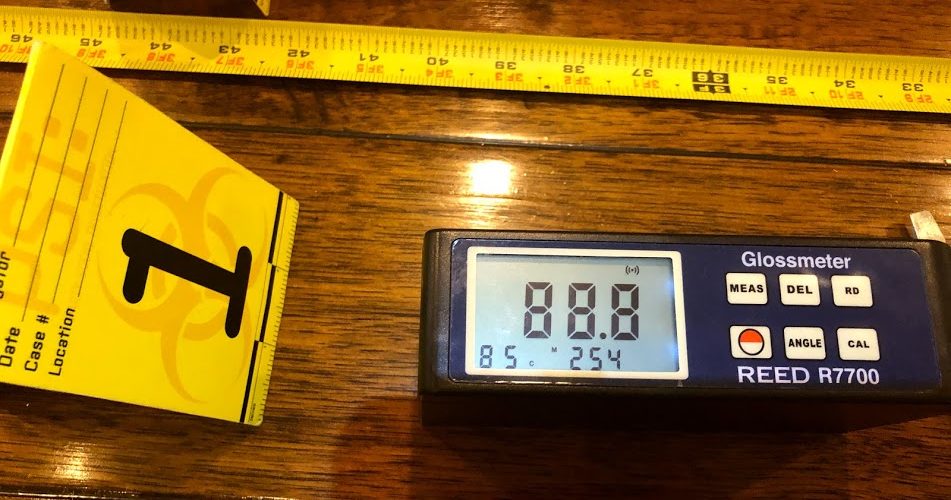
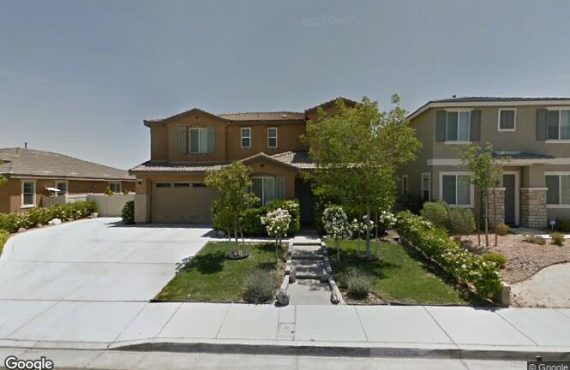

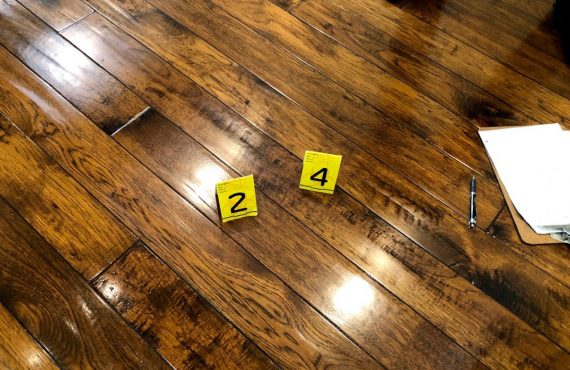
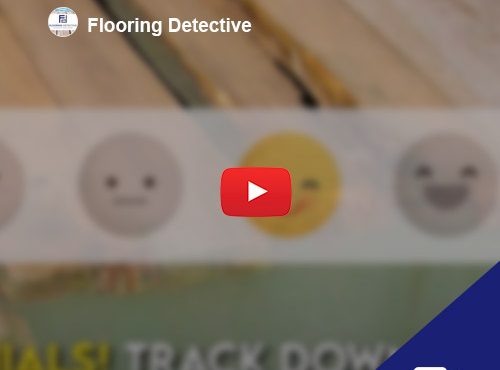
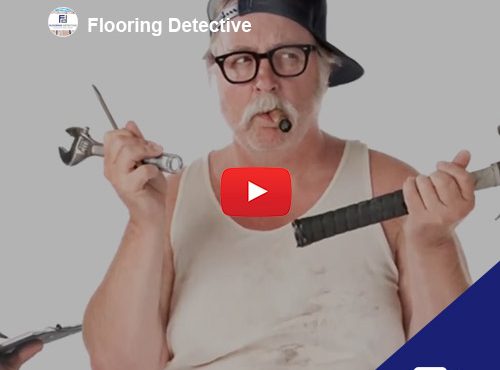
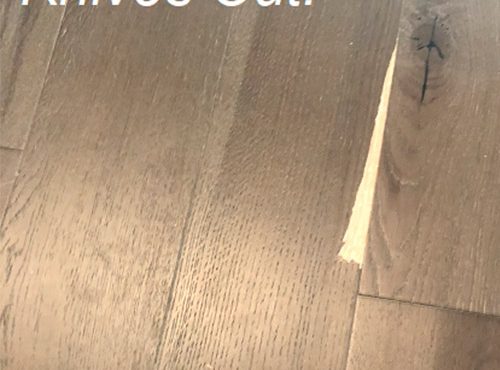
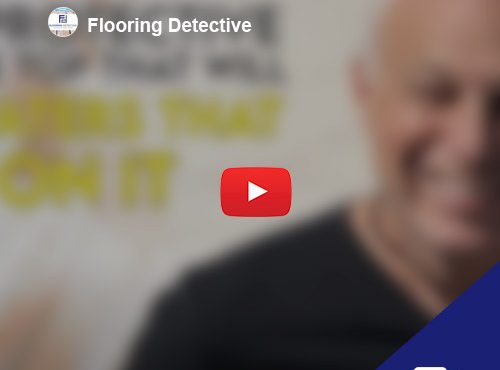
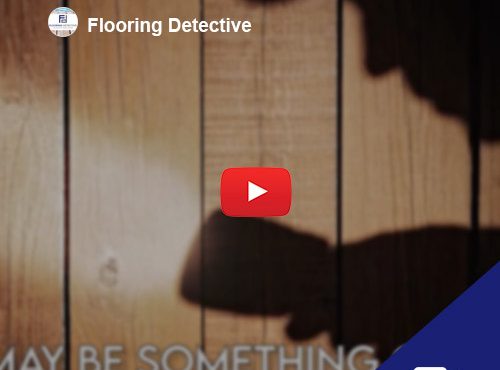
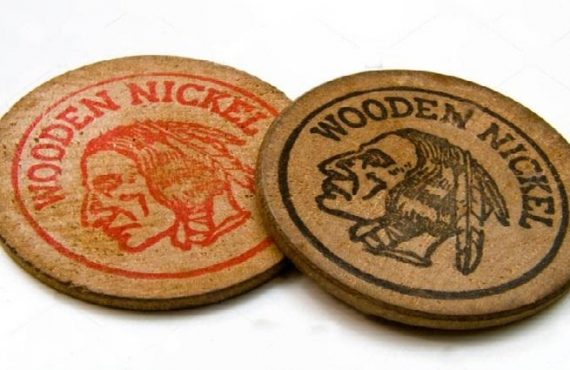
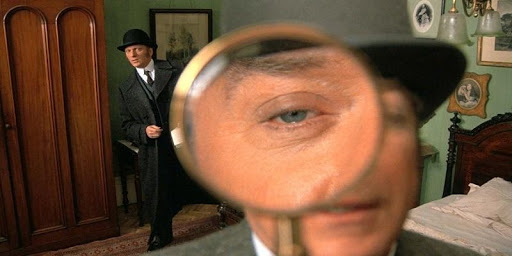
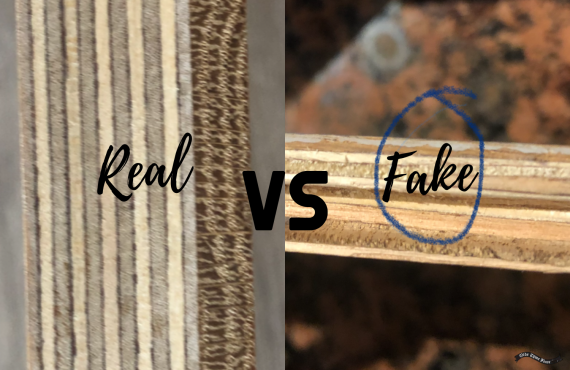
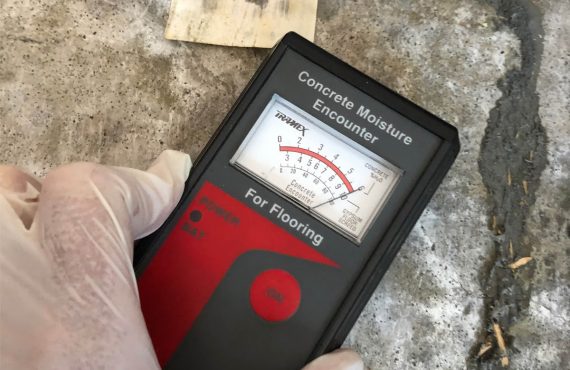
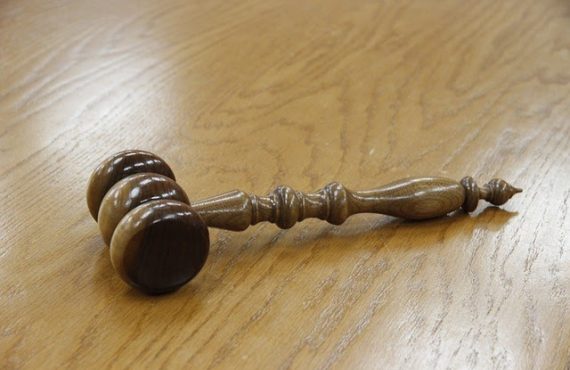


Very nicely written article Jeff!
Need help is there a inspector in my area , Lake Charles ,La. 70611